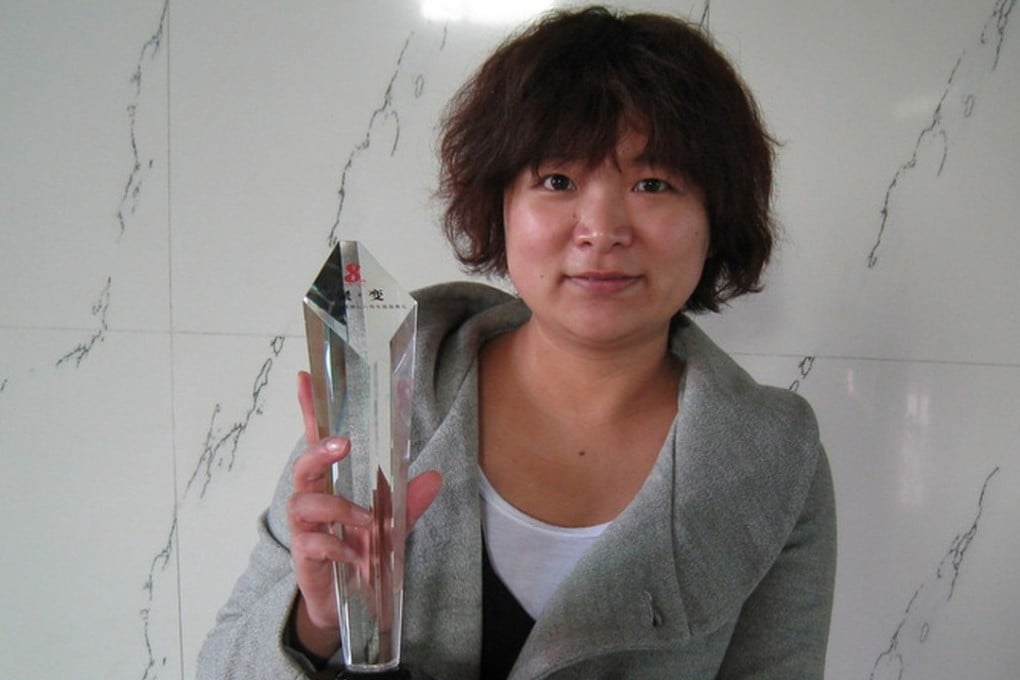One of China’s ‘feminist five’ gender equality activists banned from leaving country for decade
Wu Rongrong, part of a group of campaigners arrested in 2015, had been set to study law in Hong Kong until mainland authorities blocked the move

One of China’s “feminist five” gender equality activists arrested two years ago for handing out stickers has been denied a permit to study in Hong Kong by a county-level public security authority and told she is banned from leaving the mainland for a decade.
Wu Rongrong will not realise her “long-held dream of studying law in Hong Kong” if she fails to secure a permit and is unable to enrol at the University of Hong Kong’s law faculty by September 21 as told to by staff.
In June, Wu was admitted to a full-time master’s programme on a scholarship, and was granted a visa by Hong Kong’s Immigration Department in July.
Human rights experts condemned the obstruction by mainland authorities, calling it illegal and retaliatory.
The fight against gender violence goes on for China’s ‘Feminist Five’
In March 2015, Wu and four other young feminists were arrested and detained for a month by Beijing police over a plan to stage protests in the capital and Guangzhou against sexual harassment. The case triggered an international outcry and was seen as part of a widening campaign by the Chinese government to squash civil society. It was not until April last year that the case against them was dropped.